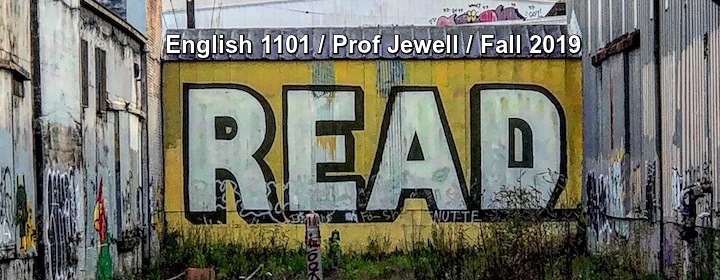“Fight it… Focus… Wait, what?… I can’t do this…”, I told myself as I sat at my desk with my face against the table struggling to keep my eyes open. My boredom was taking control. I could not withstand the immense power of my boredom as I slipped into my subconscious… Zzzzzzzzzzz…
A few days later I had found myself in the same situation, fighting to stay in control, yet again… Zzzzzzzzzzz… This clash continued, recurring frequently and I soon realized this was not a battle, but a war, a war that I was losing, a war that could not be contained.
“I need to conquer this…”, I thought to myself. I needed answers. I started to explore my mind, going through all of my memories for something that could give me a clue. I had finally found something. There is a saying to “fight fire with fire”, I’ve always wondered what that had meant. How could I fight fire with fire, if the fire was what I was fighting? I continued to search through my immersive collection of memories until I had tried everything I could’ve possibly imagined. I was finally ready to give up, I had officially disliked writing.
Years later I had found myself being placed into the wrong English class; Creative Writing. Through my research, I had discovered that this class required A LOT of writing. I instantly repulsed this class. I had gone to every possible length to change my class, but in the end, I was given a sickening rejection. “This year is going to be HELL!!!”, I thought. There was no way out of this class, I just had to accept my fate and face it.
As the professor discussed what the class was all about I had quickly zoned out. Every class I would fight a familiar battle with my boredom, trying not to slip into my subconscious within the first 5 minutes of class. As swiftly as I had zoned out, I was given my first assignment, my first “creative” writing piece. I stared at the prompt for hours continuing to draw a blank. The prompt asked for nothing specific, which was the problem. After hours of silence, I decided to write down random things to complete the assignment.
With each assignment, we would read an anonymous student’s piece while providing peer critique followed by a class discussion. As I read the piece written by the anonymous student I started to realize that what I wrote was completely different than what they had written. Nothing was similar in any aspect except a small relation to the prompt. “Shit… I messed up…” I thought to myself. As the semester progressed and as we read more responses I started to realize how different each one was. Even in the class discussions, each sentence was interpreted differently from each student. I was simply intrigued.
Randomly while doing some cleaning, I started to look through some of the old English portfolios that I had strangely saved over the years. I began to read each one and I saw my progression as a writer of the years. There was a common theme of a “standardized” essay format throughout the portfolios. From one assignment to another, none of them spoke my voice. I started to wonder, “Did I ever have a voice to begin with?”
As we read more and more responses throughout the semester I started to pick up on the different tools and styles my classmates used in their writing. These tools and styles were used to make their voices in their responses. I tried to imitate some of the writing tools, styles, and tricks that my classmates used to discover my writing voice. The more I tried to imitate, the closer I felt to find my writing voice.
Even though finding my writing voice is something I’m still pursuing till this day, I’ve learned so much from this experience. Out of all my years in school, I was always taught to respond to the prompt in the “standard” format. To start with a thesis, to add fluent transitioning, to include shreds of evidence, to have a conclusion, and to be as clear and concise as possible. I always thought there was only one “correct” response. Since my realization, I have been more open-minded. Reading books to discover different voices authors use, and how they go about infusing it within their text. Writing as a way of expressing myself and publishing my ideas to the world. And learning through the different lens the world has to offer.



